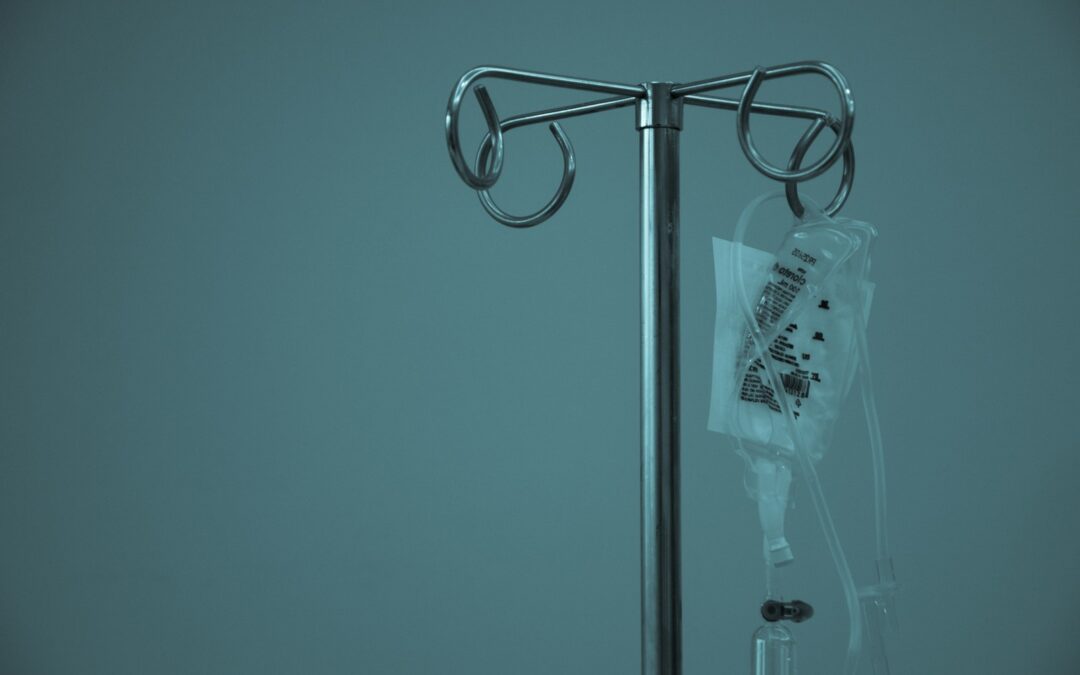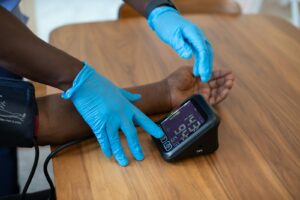Enhancing Healthcare Decision-Making with IoT Integration
Integrating IoT Technology with Electronic Health Records: A New Frontier in Healthcare
The integration of IoT technology with electronic health records (EHRs) represents a significant leap forward in the healthcare industry, particularly in regions like Saudi Arabia and the UAE, where technological advancements are driving improvements in patient care. By connecting IoT-enabled devices with EHR systems, healthcare providers can access real-time data that enhances decision-making, improves care coordination, and ultimately leads to better patient outcomes. This seamless integration of technology is not just a convenience; it’s a critical step towards creating a more responsive and efficient healthcare system.
IoT devices, such as wearable health monitors, smart sensors, and remote diagnostic tools, collect vast amounts of data related to a patient’s health. When this data is integrated with EHRs, it provides healthcare professionals with a comprehensive view of the patient’s condition, enabling more accurate diagnoses and timely interventions. For example, a wearable device that monitors a patient’s heart rate and blood pressure can automatically update the EHR in real-time, alerting doctors to any irregularities that might require immediate attention. This real-time data flow ensures that healthcare providers have the most up-to-date information when making critical decisions, reducing the risk of errors and improving the quality of care.
Moreover, integrating IoT with EHRs facilitates better communication and coordination among different healthcare providers. In a complex healthcare system, where patients often see multiple specialists, having access to a unified and continuously updated record is essential for ensuring that all providers are on the same page. This integration not only streamlines the process of sharing information but also reduces the likelihood of redundant tests or conflicting treatments, leading to more efficient and effective care.
Improving Care Coordination and Patient Outcomes with IoT-Driven EHRs
The benefits of integrating IoT technology with electronic health records extend beyond individual decision-making; they also play a crucial role in enhancing care coordination across the healthcare continuum. In modern healthcare systems, particularly in dynamic cities like Riyadh and Dubai, care coordination is essential for managing chronic conditions, ensuring continuity of care, and preventing hospital readmissions. IoT-driven EHRs provide a platform for better collaboration among healthcare teams, enabling them to work together more effectively to deliver personalized and patient-centered care.
For instance, when a patient with a chronic condition, such as diabetes or heart disease, uses IoT devices to monitor their health at home, the data collected can be automatically transmitted to their healthcare provider’s EHR system. This continuous monitoring allows for early detection of potential issues, enabling proactive interventions that can prevent complications and reduce the need for emergency care. In a region where the prevalence of chronic diseases is rising, such as the Middle East, this approach to care can significantly improve patient outcomes and reduce healthcare costs.
Additionally, IoT integration with EHRs supports population health management by providing aggregated data that can be used for research and public health initiatives. Healthcare providers can analyze trends and patterns in the data to identify at-risk populations, monitor the effectiveness of treatment protocols, and develop targeted interventions. This level of insight is invaluable for addressing public health challenges and ensuring that healthcare resources are allocated where they are most needed.
Conclusion: The Future of Healthcare with IoT-Integrated EHRs
In conclusion, the integration of IoT technology with electronic health records is poised to transform the healthcare landscape by enhancing decision-making, improving care coordination, and driving better patient outcomes. For healthcare providers in Saudi Arabia, the UAE, and other regions embracing digital transformation, investing in IoT-integrated EHR systems is not just about staying current with technological trends—it’s about delivering higher-quality care in a more efficient and effective manner.
As IoT technology continues to evolve, its role in healthcare will become even more pronounced, offering new opportunities for innovation and improvement. The future of healthcare lies in the ability to connect, analyze, and act on real-time data, and IoT-integrated EHRs are at the forefront of making this a reality. By embracing these technologies, healthcare providers can ensure that they are not only meeting the needs of their patients today but are also prepared to address the challenges of tomorrow.
—
#HealthcareInnovation, #IoTHealthcare, #SmartHealth, #PatientCare, #EHRIntegration, #SaudiArabiaTech, #UAETech, #DigitalHealth, #CareCoordination, #HealthTech













